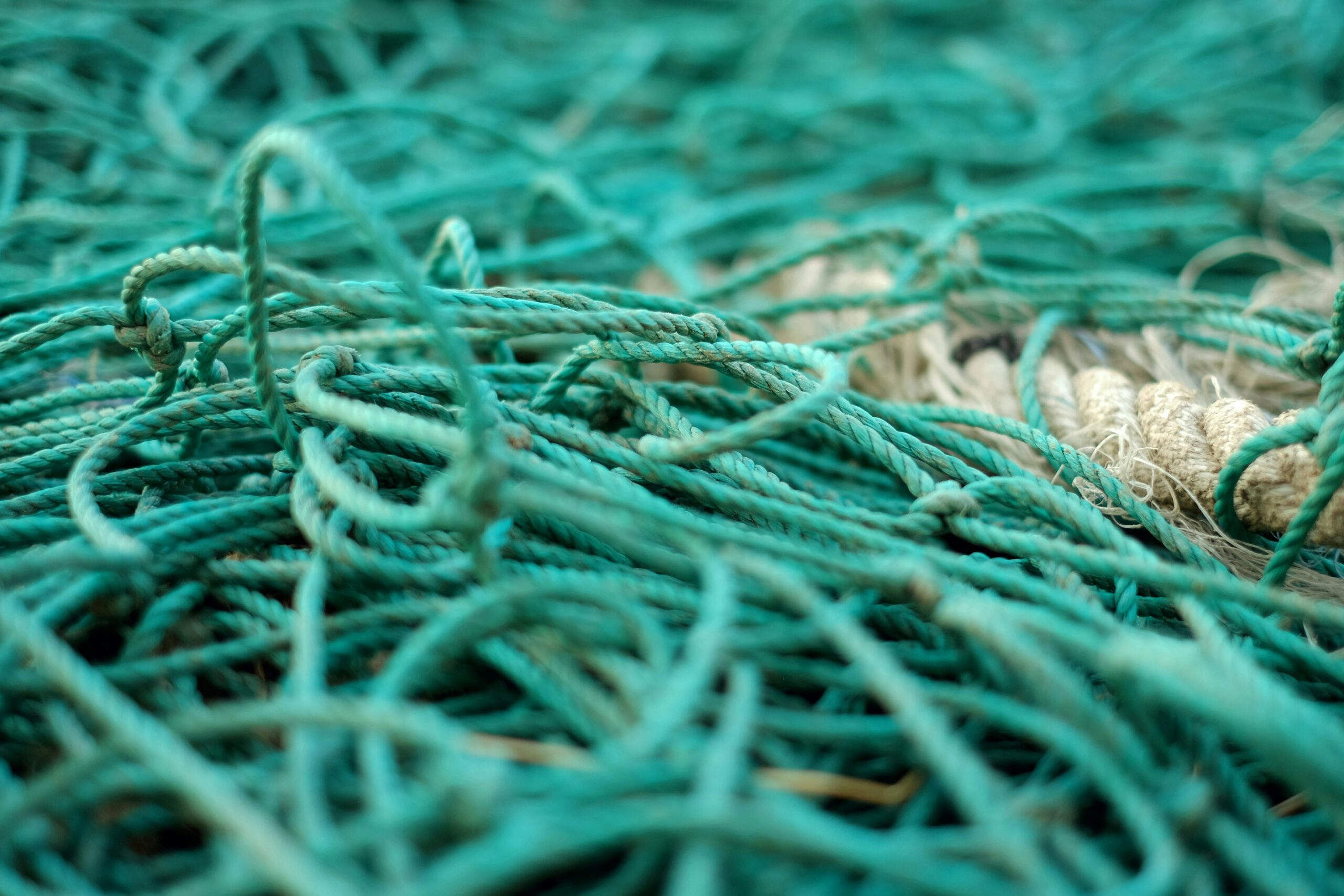
Don’t get flustered by content marketing jargon – find out what these 12 common terms really mean
Here are 12 common terms and phrases that you’re sure to come across

Links are often overlooked, but they’re an important part of SEO, so you need to know how to use them correctly.
In fact, great linking – in all its forms – could be the difference between you and your competition. Once you understand the nuances and how to utilise links to their full potential, you’ll see the benefits in your search engine rankings and user behaviour on your site.
Like most things in life and SEO, successful linking is about quality not quantity, so don’t make the mistake of peppering your copy with low-quality or irrelevant links. Instead, go about your linking in a methodical and well-researched manner, adding value to your content with links.

PageRank is the algorithm used by Google to determine where pages are placed within search results. It uses links to evaluate those pages so users are signposted to the most relevant sites for a specific topic, but also to ensure they’re trustworthy.
Before 2016, PageRank was a public-facing metric that appeared in the Google toolbar. Since the search giant retired this feature, there’s been less talk of PageRank, but it remains a fundamental part of how Google works and shouldn’t be overlooked.
The links you include in your content demonstrate your authority on a subject, where your brand fits in the market and the other pages you recommend to your audience. There are different types of links to perform varying functions, but each contributes to your site’s off-page SEO.
Internal links are used to connect one page of your website to another. They’re among the easiest links to utilise, as you’re in control of where you put them and the destination you’re sending your audience to next.
Despite the relative ease with which internal links can be deployed, remember to keep some simple rules in mind when linking up your content. Always link to relevant information and do so in a natural way, otherwise your links could have a detrimental effect as opposed to a positive one.
When planning your website content, keep your linking strategy in mind. Ask how the pieces you’re creating will interact with each other, as content clusters all connected with links will help to boost your authority on a topic and make your pages more discoverable.There are a number of ways to incorporate internal links into your webpages, from menus to contextual links. One of the most useful, however, is through calls to action (CTAs). These are overt instructions to your reader encouraging them to move through the buyer funnel and remain engaged with your brand.
External links are those that point to other websites, which may seem counterintuitive when you’re trying to keep visitors on your own site. Despite this, external links will help to put your content in context, demonstrate its relevance and add extra value to your audience.
In short, external links do matter, but should be as carefully considered as internal ones. Always connect your reader to trustworthy and authoritative sources that will enhance their understanding of a subject.
So, if you’re linking to other sites, how do you get them to send traffic your way? That’s called backlinking and is a key factor in showing your authority. As you can imagine, it’s not as straightforward as adding links to your own website, but if you’re producing quality content, it shouldn’t be too hard to do.
One of the most successful ways to attract backlinks is to be useful and unique with your content. Whether it’s publishing your own research, offering expert advice or enabling access to a free tool, produce content that can’t be found anywhere else, making you a trusted source.

Quality, useful content is a good foundation for link building, but you need a strategy to make sure it’s seen and appreciated for what it is. Getting more backlinks will improve your page’s authority and trustworthiness, leading to better ranking and ultimately more eyes on your content.
Something as important as this should not be left to chance, which is where your link building strategy comes in. It should include clear actions, like asking reputable sources to link to your content, sending out press releases and using a link building tool.
While links can be used to improve your website’s SEO, that’s only if done correctly. Poor quality and broken links can have a negative impact on your authority, user experience and ranking, so it’s vital that your strategy takes quality and not just quantity into account.
You want to be linking back to sources with good authority, as you’re looking for some of it to rub off on you by association. Taking the extra time to link to a definitive source that will be valuable to your audience is certainly worth the effort.
Reviewing links is also an important practice to incorporate into your marketing processes. Going back to old content to ensure links aren’t broken is a good first step, but updating them to direct visitors to more relevant pages or up-to-date information can also give pages a new lease of life.